China has rolled out national and pilot free trade zone versions of negative lists for international trade in services, signaling the country's latest effort to further liberalize its service sector and create a more open and fair business environment, officials and experts said.
The negative lists serve as regulatory frameworks that specify the sectors and business activities in which foreign businesses are restricted or prohibited from engaging. In sectors or activities that fall outside the scope of these lists, the country will ensure equal treatment for both domestic and foreign service providers, according to the Ministry of Commerce.
The announcement marks the first time that China has formulated negative lists for international trade in services at the national level. The lists consist of 71 items in 11 sectors, including software and information technology, education and healthcare, according to the ministry.
The pilot FTZ version of the negative list for cross-border trade in services contains 68 items, and covers the aforementioned sectors, as well as fields such as professional services, finance and culture.
By providing a clear outline of the restrictions, these lists offer transparency and predictability for foreign investors, allowing them to make informed decisions and navigate the Chinese market more effectively, said He Yadong, spokesman for the ministry.
Over the past decade, international trade in services has experienced rapid development, with an average annual growth rate 1.5 times higher than that of trade in goods. It now accounts for 22 percent of global trade, according to the ministry.
China's introduction of the negative lists is a significant step toward aligning with international high-standard economic and trade rules and advancing institutionalized opening-up, said Sang Baichuan, dean of the Institute of International Economy at the University of International Business and Economics in Beijing.
In recent years, numerous large-scale free trade agreements have placed a strong emphasis on the liberalization of service trade, Sang said, adding that China has made significant strides in liberalizing and facilitating its trade in goods over the years. However, there remains ample room for opening up in the realm of trade in services, with sectors such as education and healthcare holding great potential for further development.
China released its first negative list in services trade at the Hainan Free Trade Port in July 2021, which generated tangible results in sectors such as finance, transportation and legal services.
The implementation of Hainan's version of the negative list has played a significant role in driving the rapid expansion of trade in services in the province. According to statistics provided by Hainan authorities, the import and export of services in Hainan grew by 29.6 percent year-on-year in 2023.
The positive outcomes of Hainan's service trade expansion have laid a solid foundation for the implementation of the negative list system nationwide, said He, the ministry spokesman.
Reducing the number of entry barriers for foreign investors in the services sector stimulates competition among domestic service providers. Competition encourages businesses to improve their services, increase efficiency and enhance their overall competitiveness, said Bai Ming, a researcher at the Chinese Academy of International Trade and Economic Cooperation.
The negative list system also encourages cooperation between domestic and foreign service providers. Collaborative efforts can lead to the development of new business models, the sharing of best practices and the expansion of service offerings. The collaborative approach enhances overall market stability and contributes to the growth of the service trade sector, Bai said.
As a result, consumers can benefit from a wider range of high-quality services, while businesses are incentivized to innovate and upgrade their offerings, Bai added.















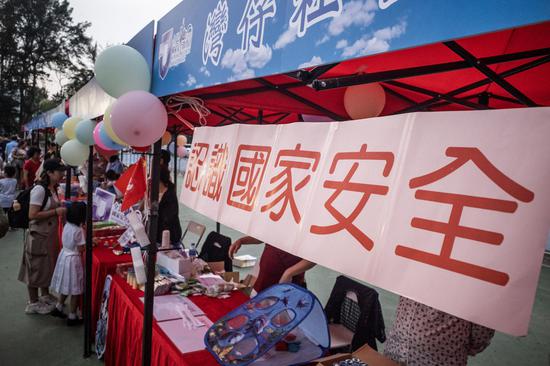






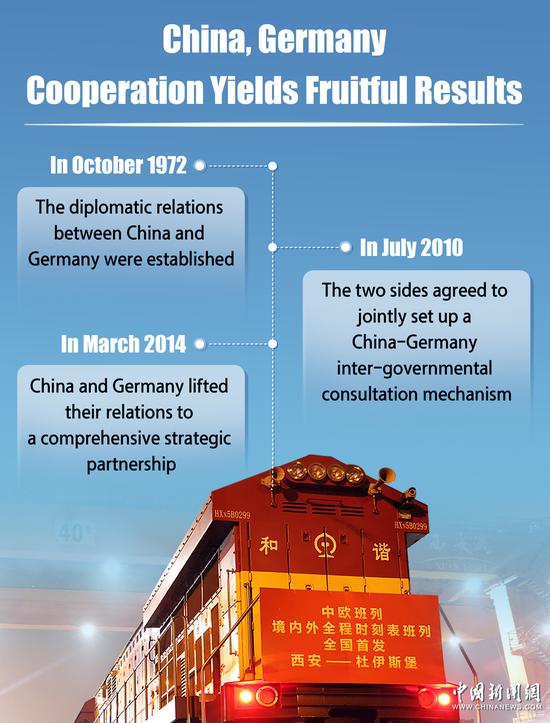

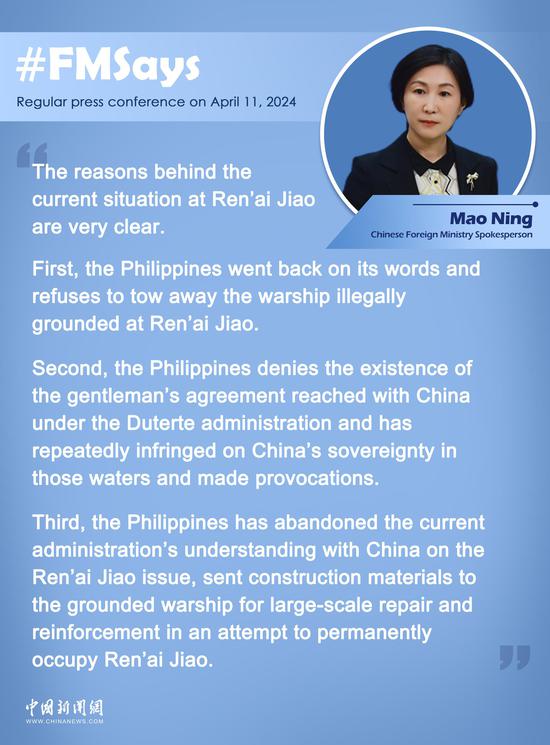




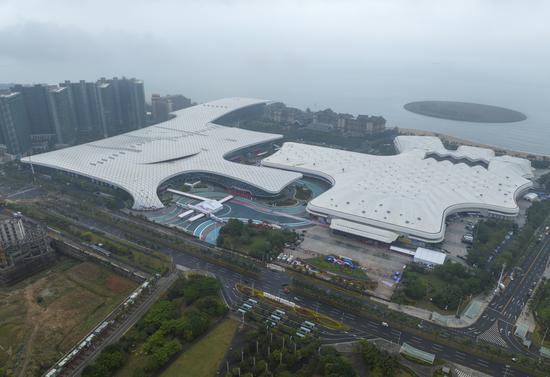




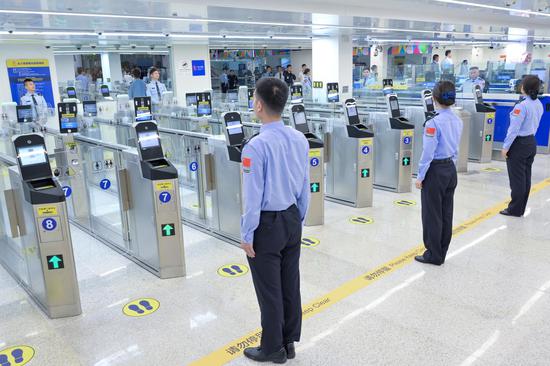













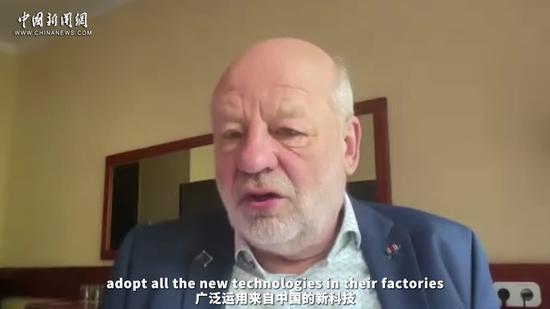

 京公網安備 11010202009201號
京公網安備 11010202009201號